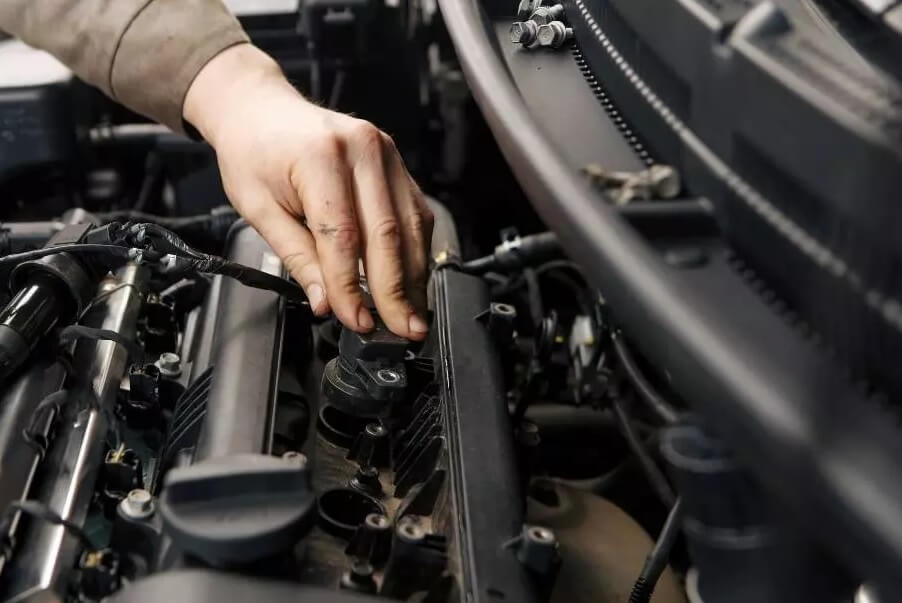The BMW brand has long been associated with luxury, performance, and precision engineering. One of the key elements that contribute to the performance and smooth driving experience of a BMW is its drivetrain. The drivetrain is responsible for transmitting the power from the engine to the wheels, ensuring that the vehicle accelerates smoothly and handles with precision. However, like any complex mechanical system, the drivetrain can experience wear and tear over time, leading to potential issues that may affect the performance of the vehicle. Regular maintenance and prompt repair of bmw drivetrain repair components are essential to keeping your BMW in top condition.

The drivetrain in a BMW is made up of several critical components, including the engine, transmission, driveshaft, differential, and axles. Each of these components plays a vital role in ensuring that the vehicle delivers power to the wheels efficiently. The transmission is responsible for shifting gears and controlling the speed of the car, while the driveshaft transmits power from the engine to the wheels. The differential is crucial for distributing the power evenly between the wheels, especially when turning, and the axles connect the wheels to the rest of the drivetrain.
As with any high-performance vehicle, the components of a BMW’s drivetrain can wear out due to regular driving, exposure to harsh weather conditions, or high-mileage use. Over time, common problems can arise, such as issues with the transmission, driveshaft, or differential. A worn-out transmission, for example, can lead to rough shifting, slipping gears, or delayed acceleration. These issues can be caused by old or contaminated transmission fluid, which is responsible for lubricating the moving parts inside the transmission. If left untreated, transmission problems can lead to complete failure and expensive repairs or replacements.
The driveshaft is another component that can wear out, especially in rear-wheel-drive BMW models. Over time, it can become misaligned or develop worn-out bearings, resulting in vibrations, unusual noises, or a loss of power. If the driveshaft is damaged, it can lead to additional strain on other drivetrain components, such as the differential or transmission, making early detection and repair essential.
The differential, located between the rear wheels in rear-wheel-drive vehicles, is also prone to failure over time. It allows the wheels to rotate at different speeds, particularly when turning. A failing differential can cause a whining or grinding noise, poor handling, and reduced traction. If not addressed quickly, a damaged differential can cause extensive damage to the drivetrain and affect the overall driving experience.
Regular maintenance is key to preventing drivetrain issues in a BMW. BMW recommends following the manufacturer’s service schedule, which includes routine checks and fluid changes for components like the transmission and differential. Keeping the drivetrain well-lubricated and ensuring that parts are in good working order can help prevent costly repairs down the line. Additionally, owners should pay attention to any unusual sounds or changes in vehicle performance, such as strange noises when shifting gears or vibrations while driving, which could signal the need for repair.
In conclusion, the drivetrain is the heart of any BMW’s performance, and keeping it in optimal condition is crucial for the overall driving experience. Regular maintenance, early detection of problems, and timely repairs are essential for preventing expensive breakdowns and ensuring that the vehicle continues to perform at its best. Whether it’s a worn-out driveshaft or a malfunctioning transmission, addressing drivetrain issues early can help maintain the vehicle’s reliability and keep the thrill of driving a BMW intact for years to come.
